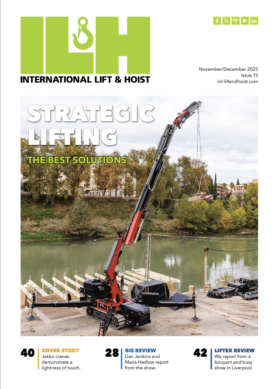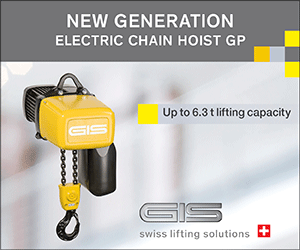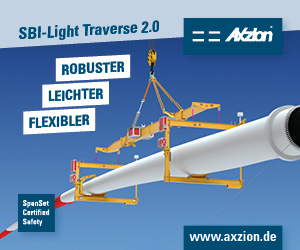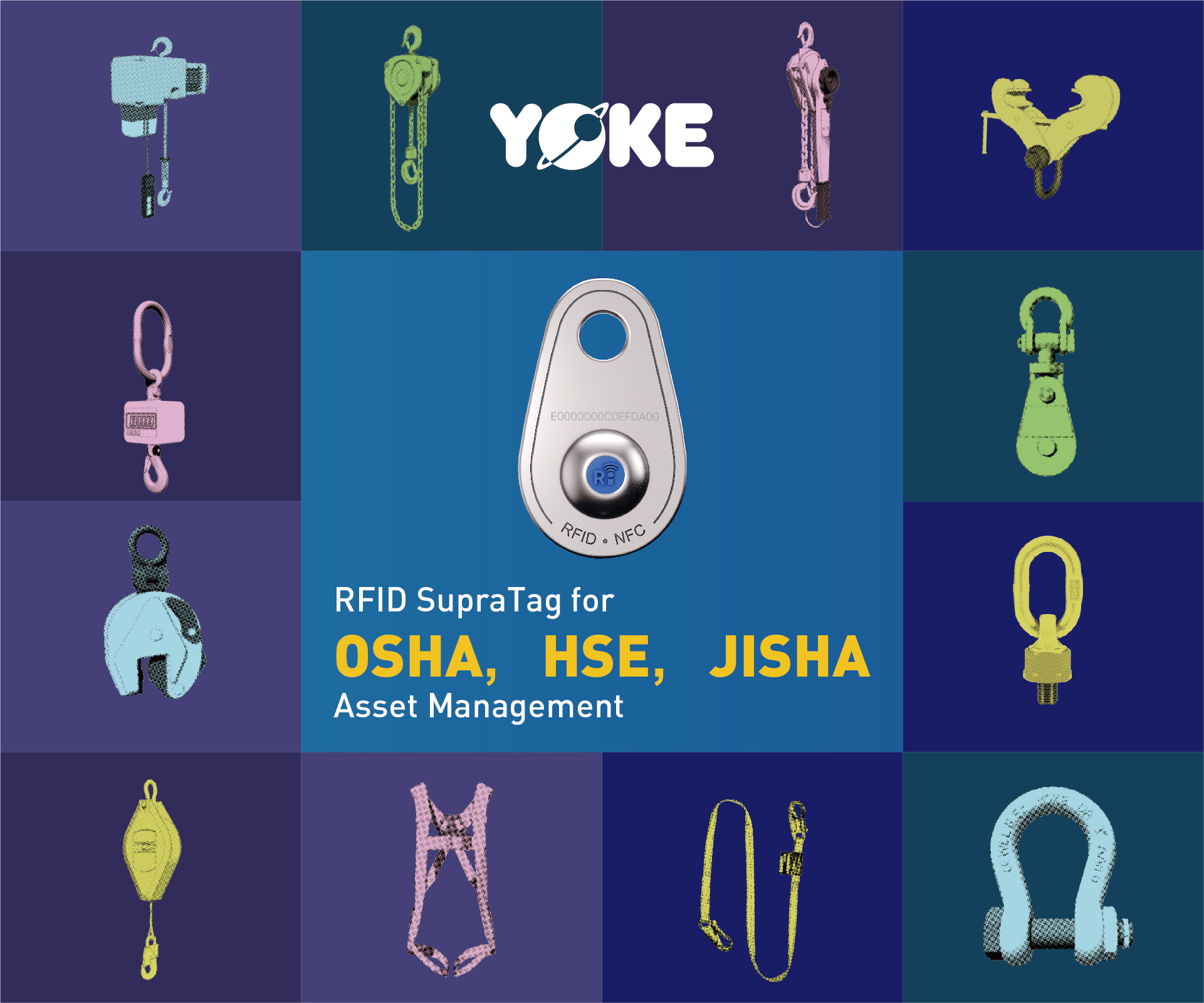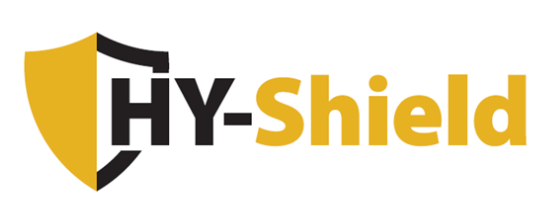)
Hyster-Yale Group announces lift truck sanitisation program to help combat risk of COVID-19 transmission
To address concerns about the introduction and spread of COVID-19 at customer workplaces, Hyster-Yale Group is introducing a virus safety initiative for lift trucks. Developed in partnership with its nationwide dealer network for the company’s Yale and Hysterlift truck brands, HY-Shield Clean is a lift truck sanitisation program designed to help keep facility personnel safe during all aspects of forklift activity, including daily operation and service calls.
“The HY-Shield Clean program is part of our ongoing effort to address the unprecedented challenges facing our customers and to help keep their operations moving,” says Pat DeSutter, vice president of Fleet Service and Aftermarket for Hyster-Yale Group. “We’re committed to staying informed and working in close collaboration with our dealer network to uphold best practices for sanitisation as we provide customers with essential services.”
HY-Shield Clean leverages corporate and dealer expertise with best practices from the Centers for Disease Control and Prevention (CDC) to address lift truck service and operation. The initiative also identified the most common touchpoints for each lift truck product class, enabling tailored recommendations according to equipment type.
The program guides Hyster and Yale dealers through a range of offerings for effective sanitisation before, during and after each service call or shift. These offerings cover everything from standalone deep cleaning to equipping technicians and lift truck operators with sanitisation supplies and personal protective equipment, such as masks and gloves – all sourced to support compliance with CDC guidelines.
“Our goal from the beginning was to lead the way with proactive measures to help our customers adapt to fast-changing conditions,” says Craig Brubaker, Senior Vice President, Operations for Alta Equipment, a dealer for both Hyster and Yale products and services. “Now that economies are re-opening, we can apply those lessons learned to help supply chains address urgent service tasks that were put on hold due to the pandemic and manage sanitisation in daily lift truck operations.”



